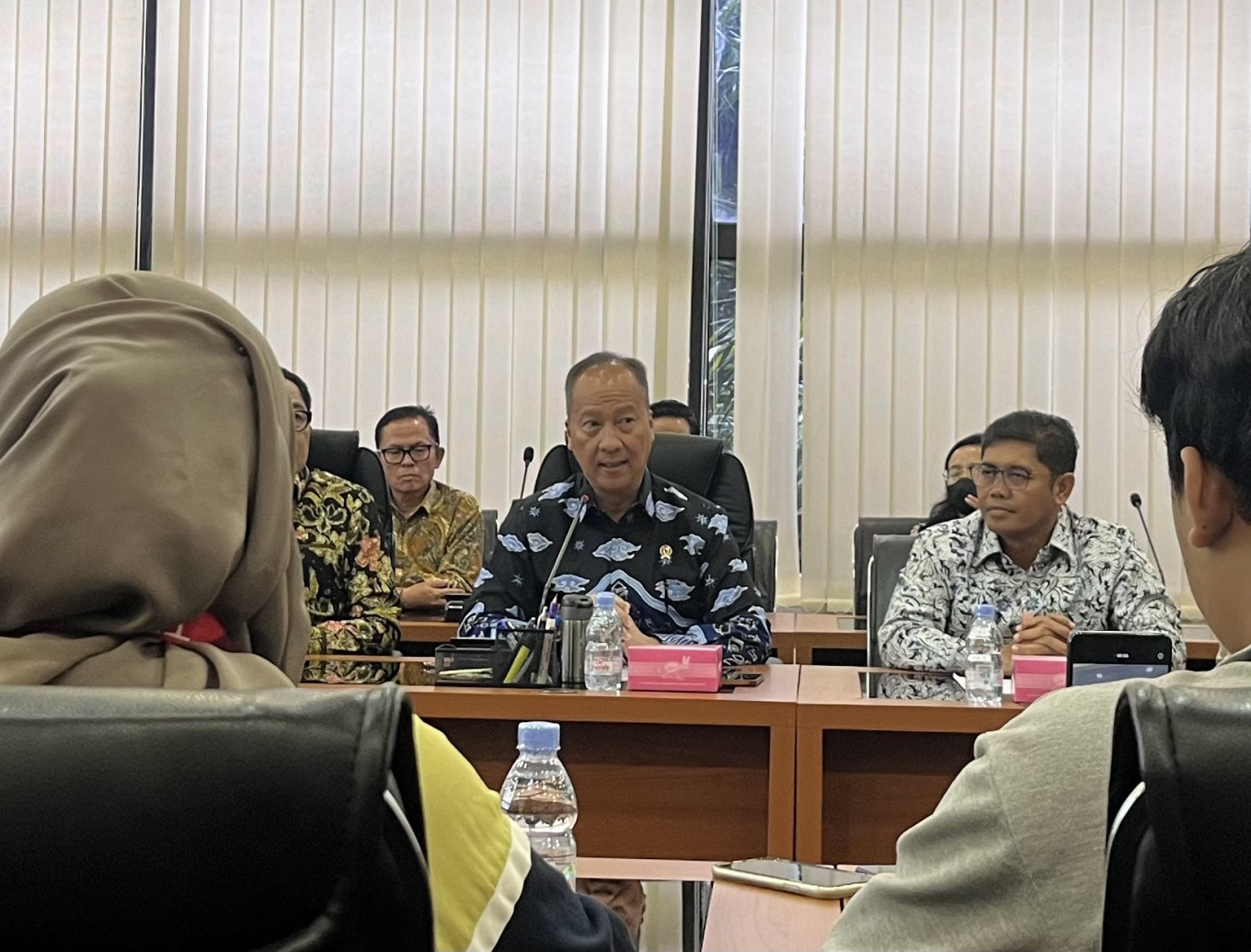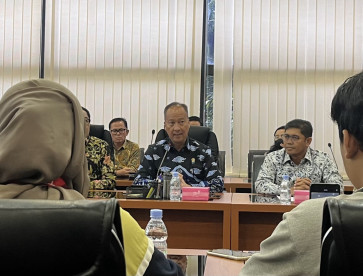Popular Reads
Top Results
Can't find what you're looking for?
View all search resultsPopular Reads
Top Results
Can't find what you're looking for?
View all search resultsAnalysis: House accelerates industrial reforms amid de-industrialization concerns
Change text size
Gift Premium Articles
to Anyone
A
mid growing concerns over de-industrialization, the House of Representatives (DPR) is accelerating efforts to revitalize the country’s industrial sector through a series of legislative initiatives. This push comes as the country records its second consecutive monthly contraction in the manufacturing Purchasing Managers’ Index (PMI)—from 46.7 in April to a still-weak 47.4 in May—signaling a persistent slowdown in industrial activity.
In response, the DPR’s Legislative Body (Baleg) has begun advancing several bills listed in the 2025 Priority National Legislation Program (Prolegnas Prioritas) ahead of schedule. Among these are the long-stalled Draft Law on Textiles (RUU Pertekstilan), revisions to the 2014 Industry Law (Law No. 3/2014), and early-stage discussions on updating the outdated Bankruptcy Law (Law No. 37/2004).
Of the three, the textile bill has seen the most concrete progress. By the end of May, Baleg had held consultations with various stakeholder associations, including the Association of Textile Experts (IKATSI), the Indonesian Textile Association (API), the Association of Synthetic Fiber and Filament Yarn Producers (APSyFI), and the Association of Batik Artisans and Batik Entrepreneurs of Indonesia (APPBI).
A key issue highlighted in the draft’s academic review, last updated in August 2024, is the domestic textile industry’s declining competitiveness, particularly against low-cost imports from China. Limiting the flow of textiles from China is difficult due to the presence of free trade agreements, so the government is constrained from increasing tariffs or implementing quotas without violating the agreement. Furthermore, the industry faces issues related to stagnation, as the Baleg observed a persistent lack of growth. Therefore, the government is seeking alternative solutions to support local manufacturers and boost domestic competitive power in the sector.
Another major challenge is regulatory fragmentation. According to Baleg, textile regulations are currently spread across 19 ministries and agencies, hampering coherent policymaking. The proposed textile law aims to harmonize these rules and establish a new governing institution, which could either sit under an existing ministry as an echelon-2 agency or report directly to the president.
Progress on the Industry Law revision is slower but gaining momentum. Industry Minister Agus Gumiwang Kartasasmita has acknowledged that the ministry’s ability to directly support industrial growth is limited under the current law, therefore it needs revision. He also argued that the revisions are necessary to align Indonesia with global standards, where industrial companies are expected to adopt advanced technologies—such as artificial intelligence—and commit to carbon neutrality. These changes may require a significant amount of operational restructuration for many of Indonesia’s sectors, especially the labour-intensive ones such as textile.
The full scope of the revision is still in the early stages of discussion, but the Industry Minister envisioned the revision to integrate with the government’s broader industrial roadmap, which seeks to modernize the sector while improving sustainability. This is particularly relevant for labor-intensive industries like textiles, which currently lack the technological edge and environmental compliance that international investors increasingly demand.



















